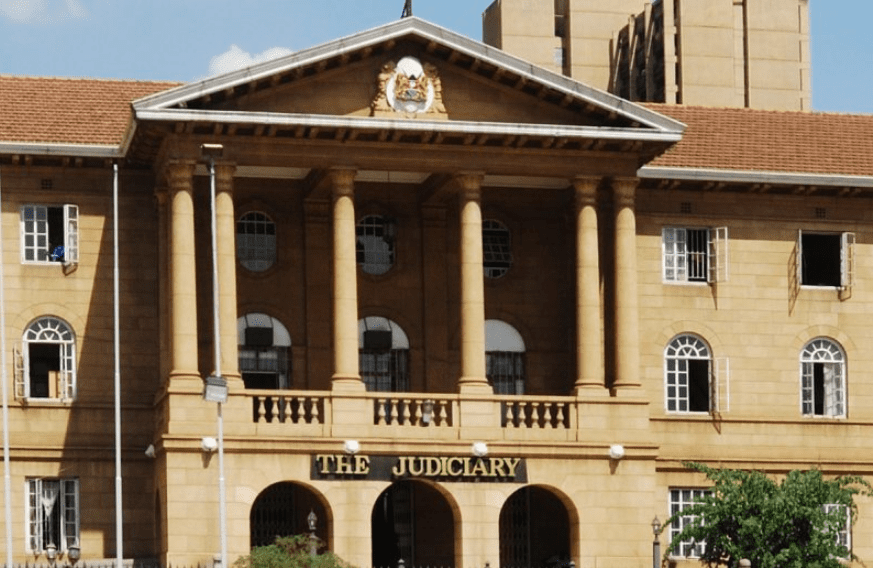Supreme Court overturns Court of Appeal’s decision declaring Finance Act, 2023 unconstitutional

The Supreme Court found that the Appellate Court had no grounds for declaring the entire Act unconstitutional.
The Supreme Court has overturned the Court of Appeal's ruling that deemed the Finance Act, 2023, unconstitutional.
In a seven-judge bench led by Chief Justice Martha Koome, the Court ruled that the public participation process surrounding the Act was lawfully conducted.
More To Read
- CJ Koome urges contextual enforcement of Marriage Act, stronger family justice system
- How circuit, mobile courts expanded justice to underserved communities - report
- CJ Koome affirms Judiciary’s commitment to transparency, says trust central to transformation
- Supreme Court to receive title deed by December 25, says DP Kithure Kindiki
- Koome reports historic 104 per cent case clearance rate, hails milestone for justice access
- CJ Koome warns new advocates against misappropriating clients’ compensation
“We find that the Bill underwent the concurrence process under Article 110(3) of the Constitution. We hereby set aside the Court of Appeal's finding declaring the entire Finance unconstitutional,” the judges said.
The decision allows the Government to proceed with the implementation of the Budget as outlined in the Finance Act 2023, following the overturning of an Appellate Court verdict that had previously declared the crucial law unconstitutional.
The Supreme Court's ruling came in response to an appeal filed by the Cabinet Secretary for National Treasury, the Attorney General, and the National Assembly, among others, contesting the July 31, 2024, Court of Appeal judgment.
The appellate ruling had initially nullified the Finance Act 2023, causing significant implications for the financial year 2024/2025, especially after the Finance Bill 2024 failed to pass.
The Court also clarified that as a Money Bill, the Finance Act did not necessitate consideration by the Senate, and deemed the public participation process to be both adequate and satisfactory, given the unique circumstances surrounding the enactment of a Finance Act.
The Supreme Court found that the Appellate Court had no grounds for declaring the entire Act unconstitutional.
Regarding the Affordable Housing Levy—central to the initial petition that sought to nullify the law—the Supreme Court determined that the contested sections of the Finance Act 2023 were moot, indicating that these provisions remained open to further discussion.
“Taking into account that our findings reflect the Court of Appeal erred in declaring the entire Act unconstitutional, the prayer for refund of taxes as sought, fails,” the judges ruled.
They emphasised that the budget-making process should prioritise public involvement while balancing the government’s constitutional duty to maintain a stable fiscal environment.
The bench, chaired by Chief Justice Koome, included Deputy Chief Justice Philomena Mwilu, Justices Mohamed Ibrahim, Smokin Wanjala, Njoki Ndungu, Isaac Lenaola and Justice William Ouko.
The appeal originated from a petition filed in 2023 by various parties, including Busia Senator Okiya Omutata, the Law Society of Kenya, Katiba Institute, and the International Commission of Jurists (Kenya), who had initially challenged the legality of the Finance Act in the High Court.
Top Stories Today














































